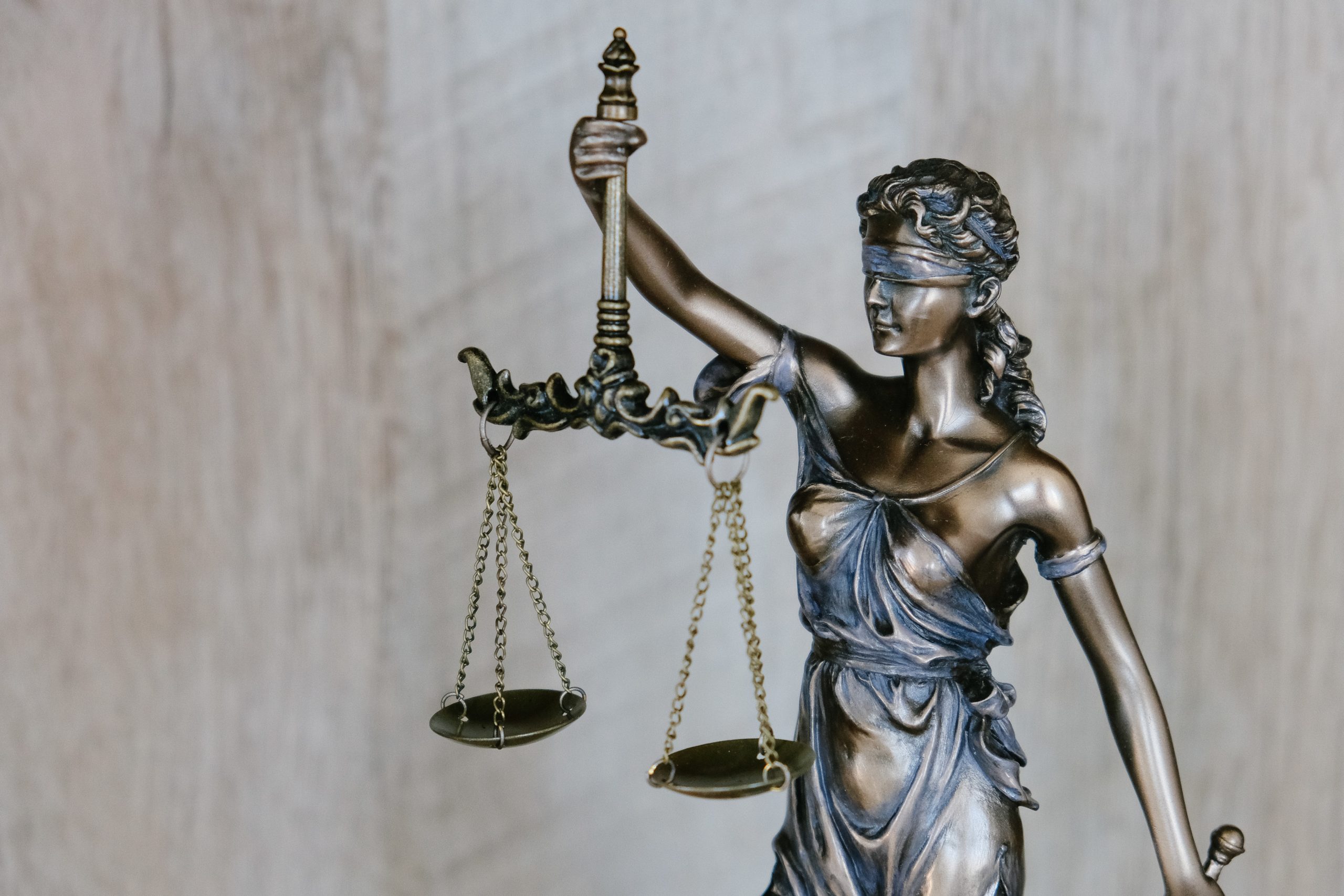Frequently Asked Questions About Qualified Immunity
What is qualified immunity? How does it work? Do police officers need qualified immunity to protect their split-second decisions? Here are some facts on the controversial judicial doctrine that lets government officials escape lawsuits when they violate constitutional rights.
Qualified immunity (QI) is a legal doctrine created by the U.S. Supreme Court in 1982 that prevents government workers, even those who act in bad faith, from being sued for violating Constitutional rights, unless these rights are “clearly established.” By shielding those who violate Constitutional rights, QI impedes justice and contributes to the erosion of trust in government officials at all levels.
To show that a right is clearly established, a victim must identify an earlier decision by the U.S. Supreme Court or a relevant federal circuit court holding that precisely the same conduct under the same circumstances is unconstitutional. If no decision exists, QI shields the official from accountability.
For example, a federal appeals court in Louisiana recently held that a prison guard who pepper sprayed an inmate “for no reason” did not violate clearly established law, even though there was a similar case in the Fifth Circuit that involved tasing an arrestee for no reason as well as hitting a person for no reason. These cases were apparently not sufficient to make it clearly established that you can’t use excessive force for no reason. The prison guard was shielded by qualified immunity.
QI shields all folks who work for local, state, or federal government. By virtue of your government employment, you get to invoke qualified immunity if you’re sued for violations of constitutional rights. Some workers may get even greater protections, like prosecutorial immunity. But they are all shielded—at the minimum—by qualified immunity. This includes, for example, law enforcement officers, mayors, governors, medical board inspectors, prison guards, school administrators, IRS agents, and everyone else who is employed by the government.
No. The vast majority of judgments and settlements against government officials are paid by government employers and their insurers. In fact, academic research has found that when QI has been overcome, “individual officers contributed to settlements in just 0.41% of these cases and paid approximately 0.02% of the total awards to plaintiffs.” There is no reason to believe that ending QI would cause a drastic shift in those numbers.
Additionally, there are already a number of mechanisms that exist to weed out and disincentivize frivolous filings of all types, including standards of pleading and proof and monetary and other sanctions available under the federal court rules. These are very effective ways to protect private parties from frivolous suits. They should be good enough to protect government workers too.
No. Cities generally already rely on insurance companies to cover large settlements or judgements against them. While it’s true that large spikes in settlements or judgements against a local government could result in higher insurance costs, cities in the past have used that as an opportunity to reform their departments.
QI is not necessary to protect good cops acting reasonably. Cops who act reasonably are shielded from lawsuits even without qualified immunity. The Supreme Court specifically said that officers are entitled to reasonable mistakes and should not be held accountable under these circumstances. QI is really needed when you try to shield police officers or other government officials who intentionally and flagrantly abuse their authority and violate the rights of those they are supposed to protect. Removing or reforming QI would not affect those government workers who do their jobs in good faith and obey the Constitution.
In fact, by protecting officials who violate the rights of those they are supposed to protect, QI Makes the job of well-intentioned government officials even harder by systematically eroding trust between communities and government institutions.
Join Americans Against Qualified Immunity and get involved in our efforts here!
For more questions about qualified immunity, visit IJ.org’s longer FAQ section, and our Project on Immunity and Accountability

Qualified Immunity: Explained
What is qualified immunity? How does it work? Do police officers need qualified immunity to protect their split-second decisions? Here are some facts on the controversial judicial doctrine that lets government officials escape lawsuits when they violate constitutional rights.
